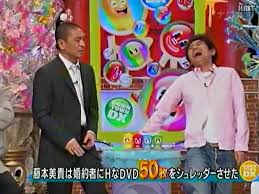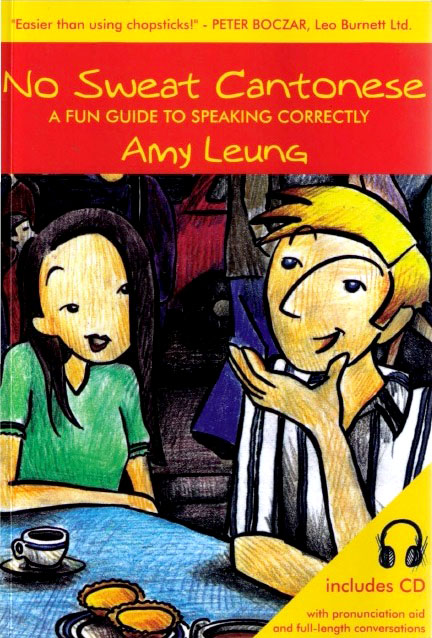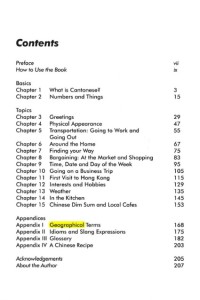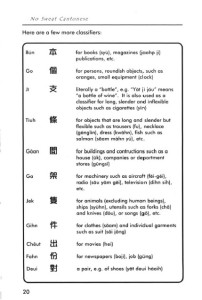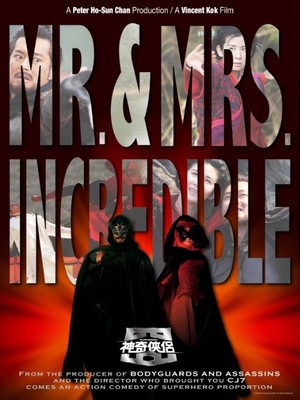I’ve hit the stage in my Cantonese studies where I think I’ve gone as far as textbooks and manufactured dialogues can take me. It’s time to start piling on the real media for real Hong Kong people, and what better place to start than reality TV?
Unfortunately both the streams for Guangdong TV and ATV have gone offline (and the latter one has gone bankrupt), and TVB is only available to people who live in certain countries unless you have a proxy service. I’m working on getting around that, but not too seriously because I have another option: Youtube! Because I don’t have any particular show in mind and don’t mind checking out a little bit of everything here and there, Youtube is the perfect place to start.
 My first subject: Beautiful Cooking from TVB! Yes, the TVB official channel has uploaded several clips of this blatantly sexist cooking show that literally means Beautiful Girls’ Kitchen (美女廚房). It’s all about bringing young female celebrities onto the show so they can flail about pretending not to know how to cook and so the mostly-male panel can savage the results. Because it doesn’t matter how successful your film career is or how much charity work you do or how fulfilling your life is – if you can’t cook then you’re worthless as a woman </sarcasm>.
My first subject: Beautiful Cooking from TVB! Yes, the TVB official channel has uploaded several clips of this blatantly sexist cooking show that literally means Beautiful Girls’ Kitchen (美女廚房). It’s all about bringing young female celebrities onto the show so they can flail about pretending not to know how to cook and so the mostly-male panel can savage the results. Because it doesn’t matter how successful your film career is or how much charity work you do or how fulfilling your life is – if you can’t cook then you’re worthless as a woman </sarcasm>.
Oh, this AnimeFangirl again, always getting outraged over the slightest things, you say. Well yeah, I guess. It is a pretty entertaining show. And it’s clear the girls are playing up their helplessness and cluelessness and the guys are mugging for the camera just to be funny. They’re all actors and celebrities after all. But the underlying message is still, hmmm… why not celebrities in general? Why only female celebrities cooking to please judges who are always always men? I am woman, see me cook!
And that’s not even getting into the obligatory “Man saves day for woman” bit in every show, where at least one contestant finds herself unable to deal with a piece of raw meat or seafood and one of the (male) judges has to do it for her. For example a judge has to wrestle seafood from a tank while the lady stands back and squeals “I’m so scared!”
In another episode it’s a raw duck, and the contestant’s feminine hands are so delicate she can’t apply enough pressure to cut its head off. He-Man to the rescue. “Eek!” screams the lady as she scampers off to the side while the man does his thing. Thank you He-Man, how did women ever cook without you?
I’m all for complementarianism and do believe that God created men and women for different roles and purposes in the family, but this is just ridiculous. Luckily I’m watching this show for learning purposes and not for the social commentary – though it does say a lot about Hong Kong culture that they have such a program. Also as I said they are exaggerating for obvious effect – though it does say a lot about Hong Kong culture that they feel the need to behave in such a way.
 So how much Cantonese have I learned from watching several clips of Beautiful Cooking? None, haha! Okay, I did learn the word for squid (墨魚) but that’s about it. Instead this is mainly an exercise in training myself to watch Cantonese programming without subtitles and try to get the gist of it. I’m quite happy as getting the main gist of all the clips I’ve watched so far, though it helps a lot that Hong Kongers are so lively and animated. You won’t be in any doubt about how they’re feeling, I can guarantee that.
So how much Cantonese have I learned from watching several clips of Beautiful Cooking? None, haha! Okay, I did learn the word for squid (墨魚) but that’s about it. Instead this is mainly an exercise in training myself to watch Cantonese programming without subtitles and try to get the gist of it. I’m quite happy as getting the main gist of all the clips I’ve watched so far, though it helps a lot that Hong Kongers are so lively and animated. You won’t be in any doubt about how they’re feeling, I can guarantee that.
That aside, it’s too soon to tell if watching this stuff will have an effect on my Cantonese. But I remember making leaps and bounds in my Japanese listening skills from watching lots of video clips from Hey! Hey! Hey! and Music Station on Youtube. All those vids are down now and I was already pretty good at Japanese when I started watching them, but they did help a lot. I’m hoping to get the same effect from doing a little All Cantonese All The Time for the rest of the year.
As for the Beautiful Cooking show itself, eh, it’s okay. I like cooking, I like seeing what the contestants make of the unexpected ingredients, everyone involved seems to be having a lot of fun. It’s exactly the kind of show I could watch a lot of without even meaning to. I’ve linked two episodes in this post and TVB has plenty more on Youtube, so be sure to check them out if you’re interested!






